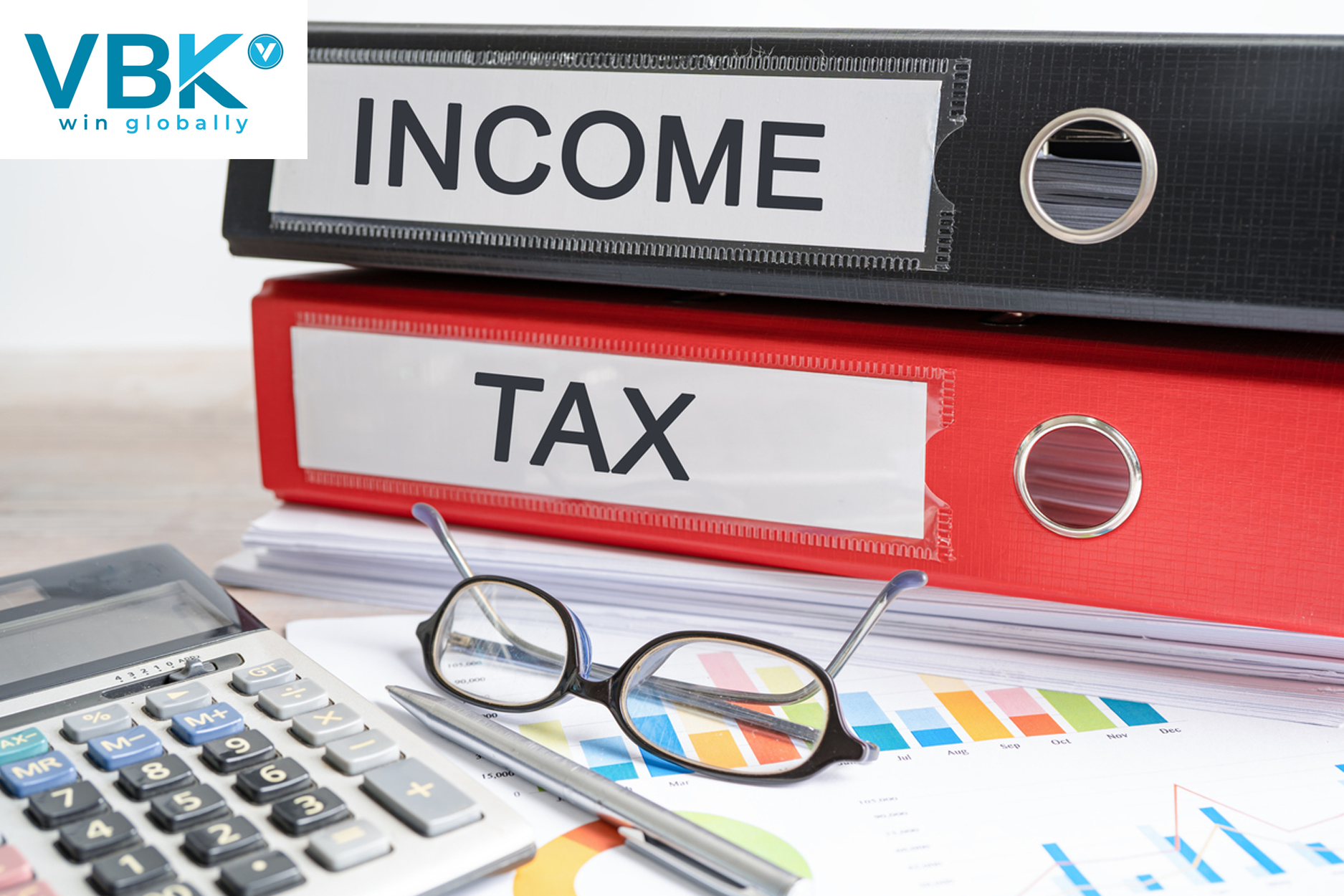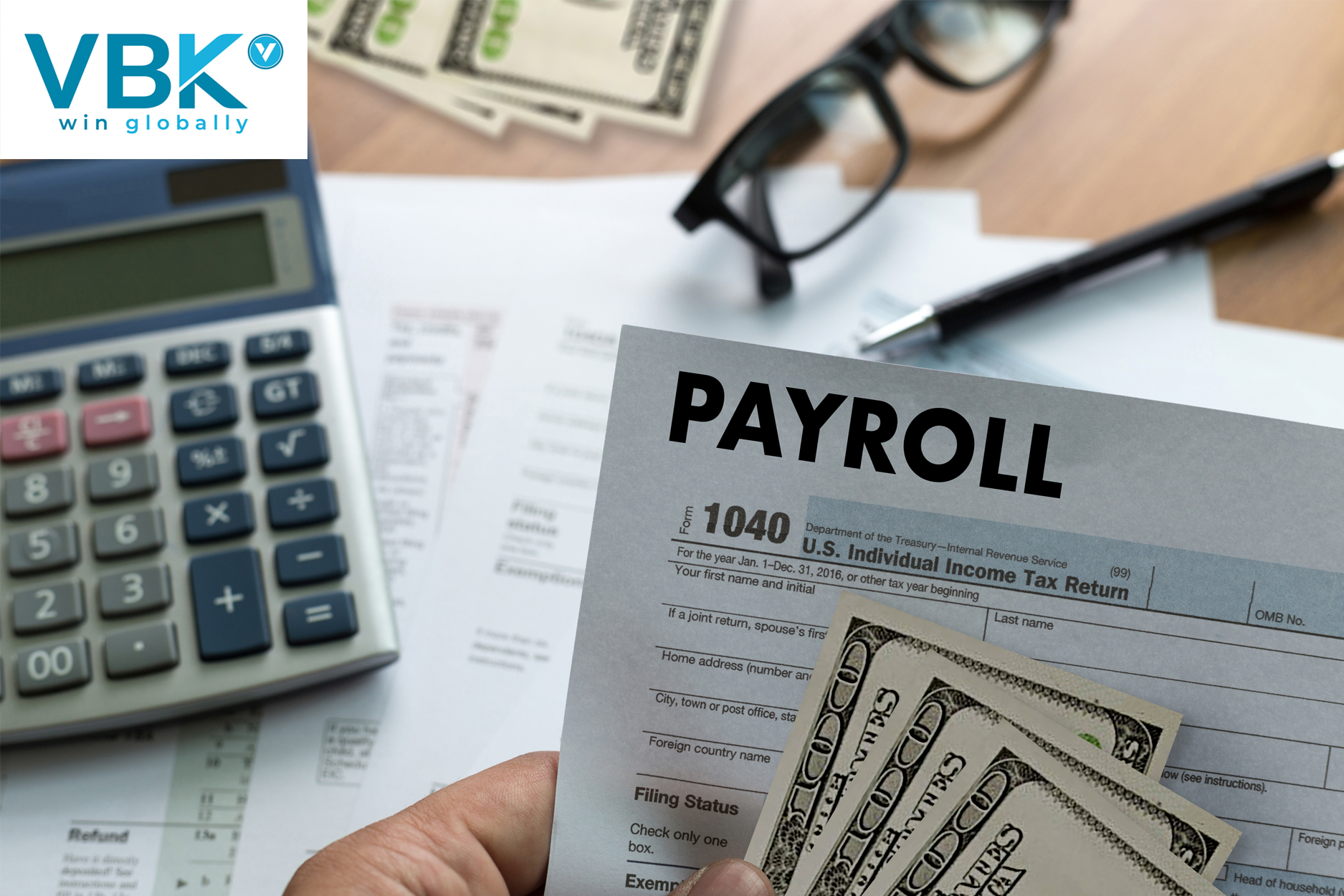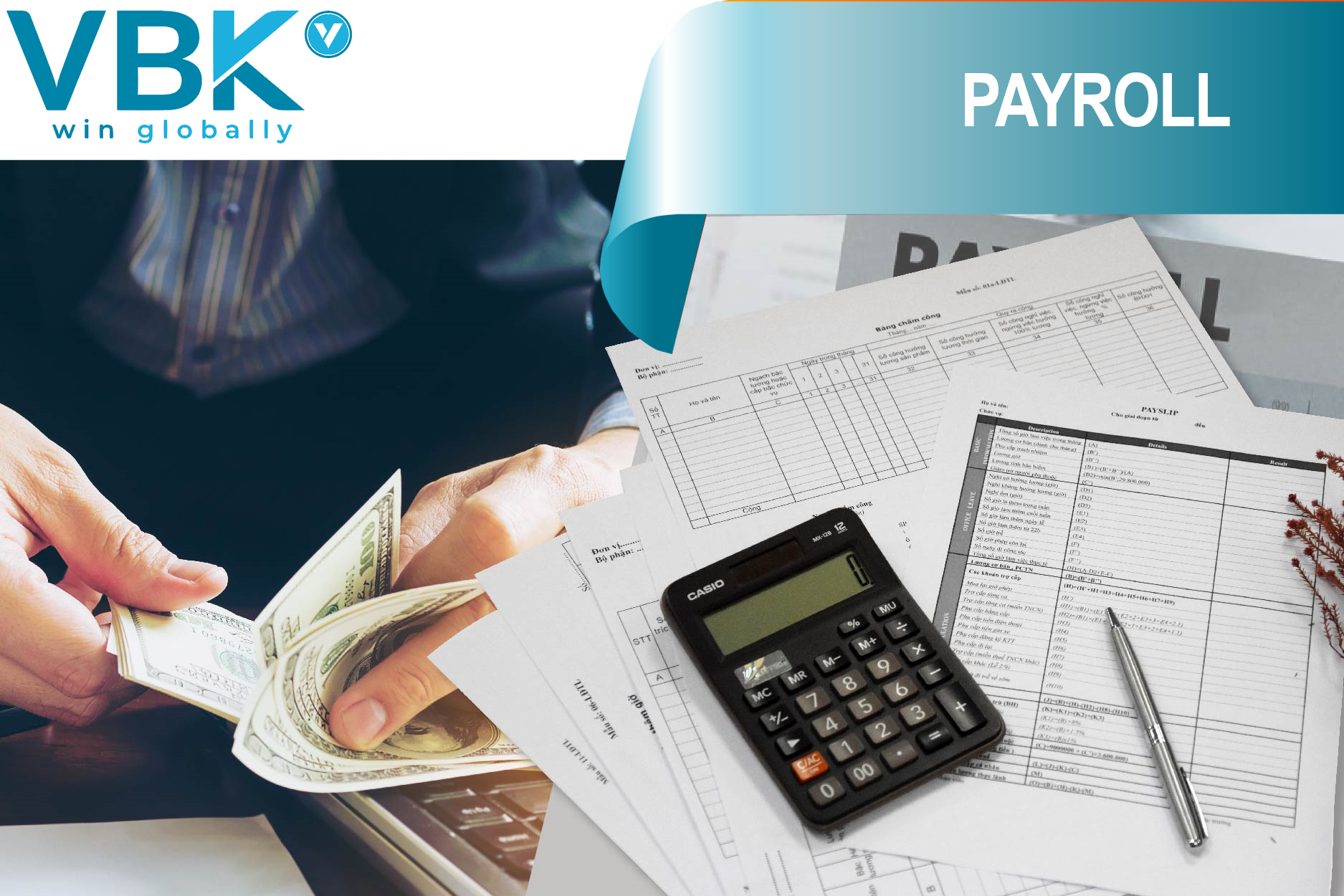Draft Decree of the Ministry of Finance submitted to the Government amending and supplementing a number of articles of Decree 123/2020/ND-CP dated October 19, 2020 of the Government
To improve problems arising from the practices of businesses and tax authorities in the process of using electronic invoices, the Ministry of Finance submitted to the Government a draft Decree amending and supplementing Decree 123/2020/ND -CP regulates invoices and documents.
Accordingly, some notable contents of the Draft are as follows:
1- Handling erroneous invoices takes into account the following factors:
Whether the invoice has been declared VAT or not (Decree 123/2020 does not stipulate).
2- Issue invoices for returned goods:
“d) Processing of issued electronic invoices in case of returning goods:
d.1) In case the buyer returns all goods, the seller shall cancel the electronic invoice issued according to the provisions of Clause 1 of this Article.
d.2) In case the buyer returns part of the goods, the seller shall issue an adjusted electronic invoice according to the provisions of Point b, Clause 2 of this Article.
d.3) In case the goods are assets subject to registration of use rights and ownership rights according to the provisions of law and the assets have been registered in the buyer’s name, when returning the goods, if the buyer as a user of electronic invoices, the buyer must issue an invoice to return the goods to the seller.
3- There must be agreement between the seller and the buyer before canceling, adjusting or replacing invoices:
“Before canceling, adjusting or replacing electronic invoices that have been issued incorrectly according to Clauses 1 and 2, Article 19 of Decree 123/2020/ND-CP, the seller and buyer must make a written agreement clearly stating the incorrect content or the seller must notify the buyer on their website (if any).”
4- Supplement regulations on when to issue invoices for exported goods :
“For the case of exporting goods (including export processing), the time of invoice issuance is no more than 24 hours from the time the customs authority confirms the completion of customs procedures on the customs declaration.”
5- Additional tax declaration regulations for cases where invoices have different times of preparation and signing:
“In case an e-invoice has been issued and the time of digital signature on the invoice is different from the time of invoice, the time of invoice and the time of digital signature must be no more than 24 hours apart, and the time to declare tax for the person must be at least 24 hours apart. The time of sale is the time of issuing the invoice, the time of tax declaration for the buyer is the time when the invoice is correct and complete in form and content as prescribed in Article 10 of this Decree.“
In addition, the Draft Decree also proposes amendments and supplements to other contents related to: explanation of terms, principles of preparation, management, and use of invoices and documents; Electronic invoices are initiated from a cash register with a data transfer connection to the CQT; Supplement regulations and solutions to prevent and limit fraud in the use of e-invoices; Responsibilities of parties when using e-invoices; Amending and supplementing the Form prescribed in Decree 123/2020; etc.
Dear value customers, please note that the Draft Decree is a proposal of the Ministry of Finance and has not been approved by the Government, so it has no legal value.












